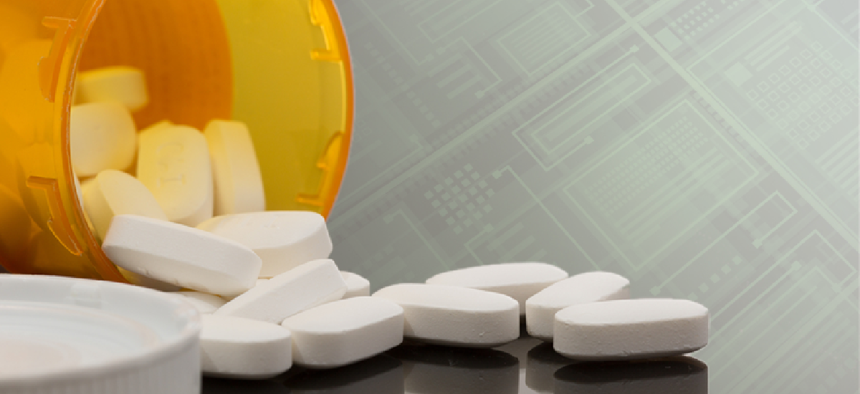How Maryland uses data to fight opioids

Although data from Prescription Drug Monitoring Programs can help identify users who need treatment, license plate readers help police catch criminals bringing drugs into the state.
Prescription Drug Monitoring Programs that track prescriptions of controlled drugs may be helpful in identifying manufacturers, pharmacies, doctors and patients involved in the opioid crisis, but the information in those databases should not be used to hunt for criminals, Maryland's governor told a U.S. Senate panel.
“We have to be careful about sharing this information,” Maryland Gov. Larry Hogan told the members of the Senate Committee on Health, Education, Labor and Pensions during a March 8 hearing on how states are innovating to fight the opioid crisis. “We want to protect the folks that actually have drug addictions and not treat them just as law enforcement cases.”
It’s important to make a distinction between the addicts and dealers when handling this issue. The addicts need help and treatment, Hogan said.
“But the folks that are bringing in these large quantities of deadly drugs, knowing that they’re going to kill our citizens … we are cracking down and getting tougher on those folks," he said.
Committee Chairman Lamar Alexander (R-Tenn.) brought up a question that surfaced in a Feb. 27 hearing on the topic of data and the opioid crisis: Should the federal government create a centralized database of national opioid prescriptions?
Hogan said he generally believes it's an issue for the states, but a small state like Maryland could benefit from knowing what’s going on a national level.
One way Maryland is drawing a bead on drug dealers coming into the state is by using license plate readers. The LPRs can “scan hundreds of license plates a minute and give law enforcement real time knowledge, a crucial investigative tool in identifying and tracking drug traffickers coming into and through Maryland,” according to a report issued by Maryland’s Heroin and Opioid Emergency Task Force.
The Ocean City, Md., Police Department, which sits about an hour north of Virginia and minutes away from Delaware, received $124,635 in grant money to fund the technologies, specifically targeting drugs entering the state across state lines.
“We did institute the reader technology, and it helped us arrest 500 people, 289 of the most violent criminals in [Baltimore] because they’re dealing these drugs across city, county borders," Hogan told GCN after the hearing.
While increased use of technology and data could be beneficial to fighting this opioid crisis, Sen. Patty Murray (D-Wash.), the ranking Democrat on the committee, said the problem is ultimately bigger than that.
“It’s not enough that we have technology in one state that is able to talk to technology in another state,” she said. “We need to make sure this is happening on a human level too. We need to make sure that not only good data, but good ideas, are being shared.”
NEXT STORY: FOIA portal promises streamlined service





